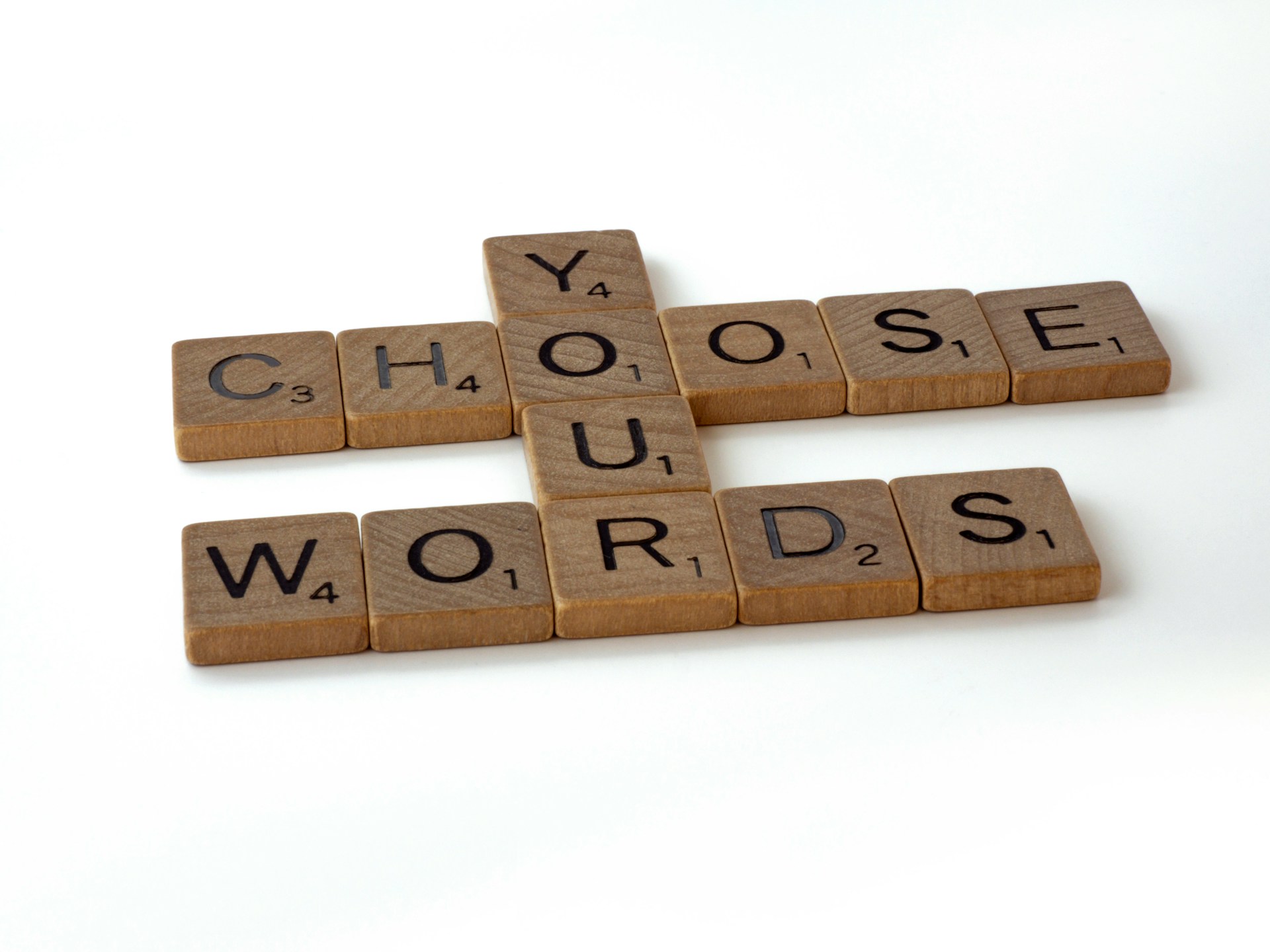When I was in college, Word Power Made Easy was a rage among students preparing for MBA entrance exams. In his seminal book, the famed grammarian Norman Lewis taught an effective method to learn new English words by breaking them down into their roots and building their meaning from there. It was a profoundly new way to look at a language we had been studying for more than 15 years.
An important fact Lewis noted in his book – one that stuck to me forever – was that English vocabulary and grammar is not written in stone. It’s more fluid than people think. I think this applies to most modern languages, but the message was that fashion and trends play a big role in deciding whether a rule of grammar needs to change to keep up with the times.
This is also the key message in the ReThinking podcast episode Decoding Gen-Z slang and grammar pet peeves with linguist Anne Curzan.
For instance, the word “whom” is slowly going out of fashion. The word “humbled” (I accept defeat) has a different literal meaning than how it’s used in social media today (I’m honored, in a mildly bragging sense). You and I vs. you and me are slowly becoming synonymous. A home loan is sanctioned (positive sense), but Iran has been sanctioned too bu other countries (negative sense). It is now acceptable to end sentences with prepositions (“what do you need it for?”).
English is a weird language full of exceptions. But that also makes it fun to learn and keep up with.
The meaning of words isn’t fixed. It evolves. The faster we adapt, the more degrees of freedom we gain to express ourselves more clearly.
– Adam Grant in his podcast with Anne Curzan
P.S. I learned that even Shakespear wasn’t always consistent with the rules of grammar, especially ye and you.

So true, Anurag! So many words have evolved over time.
I’m amazed at what the words ‘hot’ and ‘cool’ mean these days.
When I was growing up, I did not know of the meanings beyond the temperatures.
I learnt to use ‘hot’ to mean ‘spicy’ much later.
Wow, ‘hot and cool’ is an intriguing example!